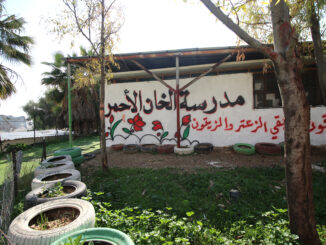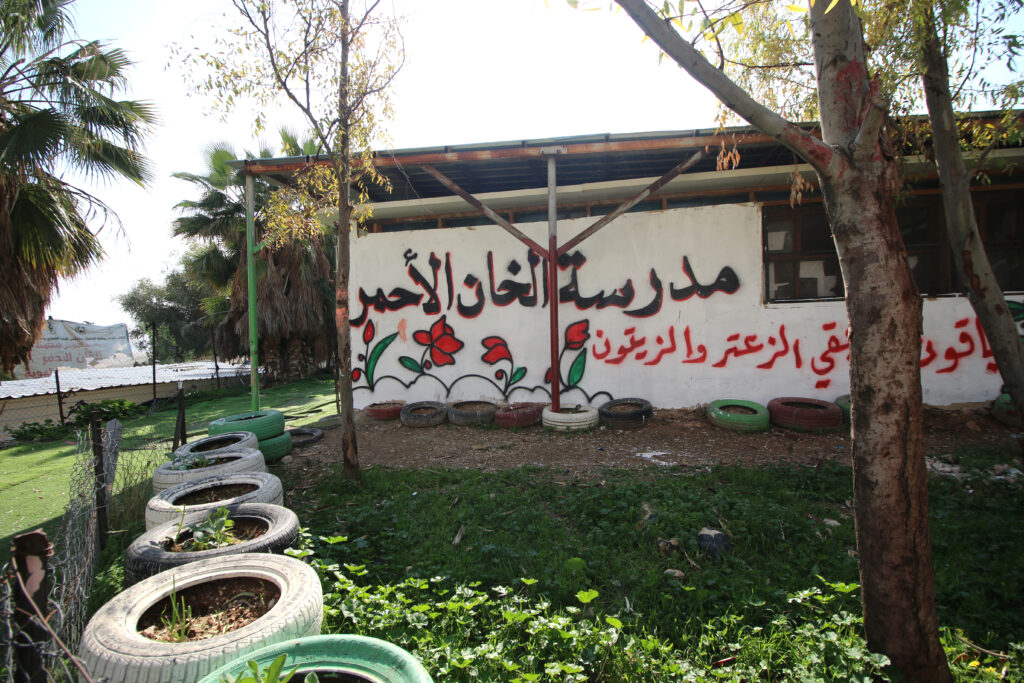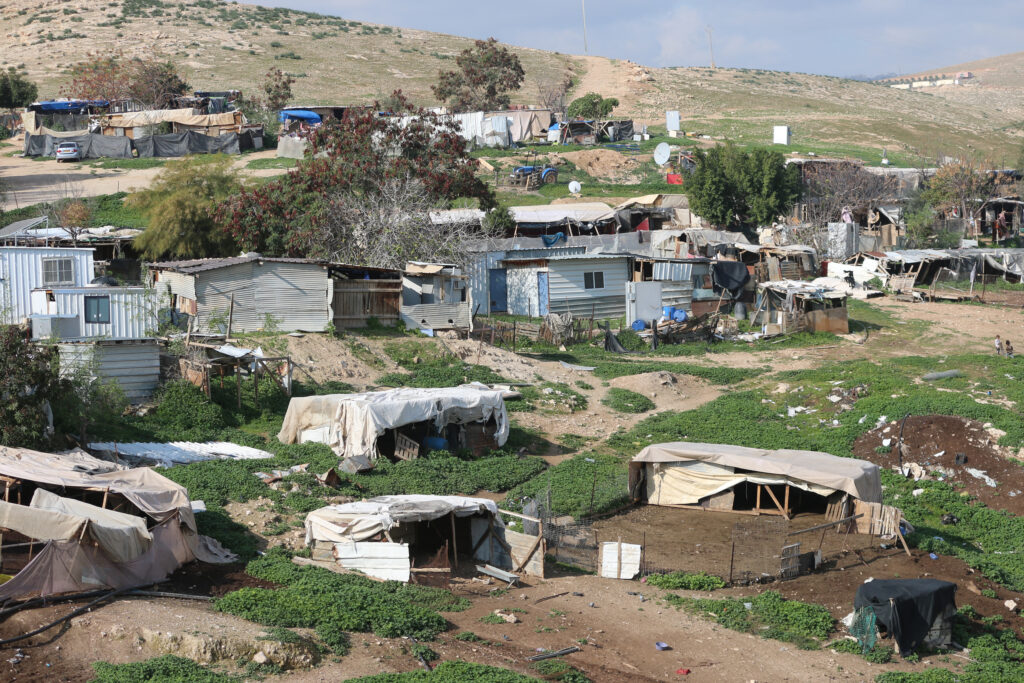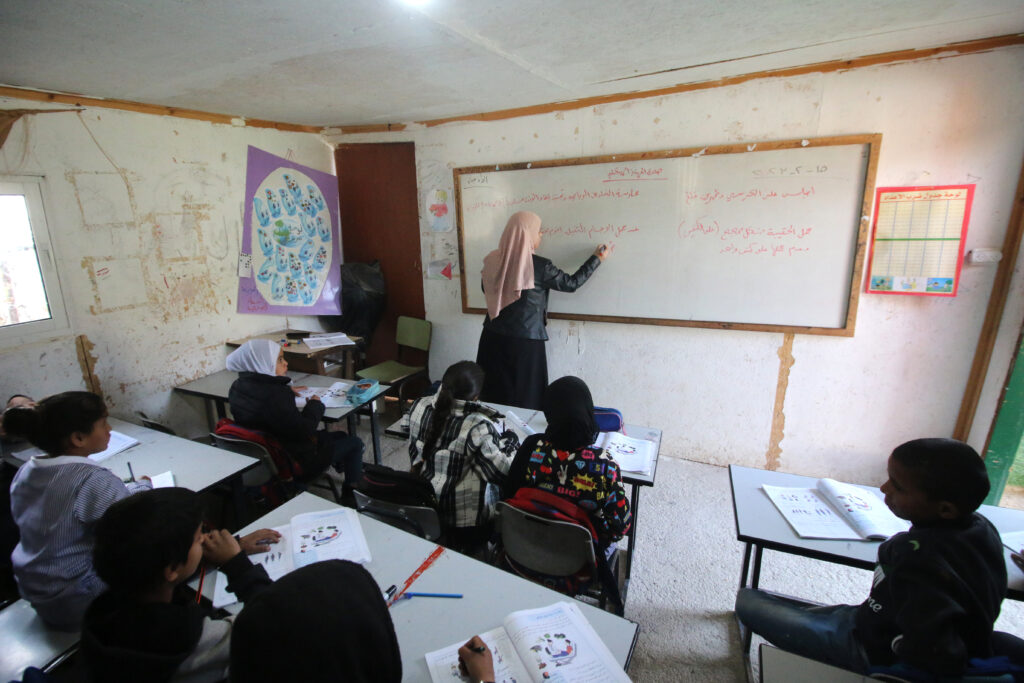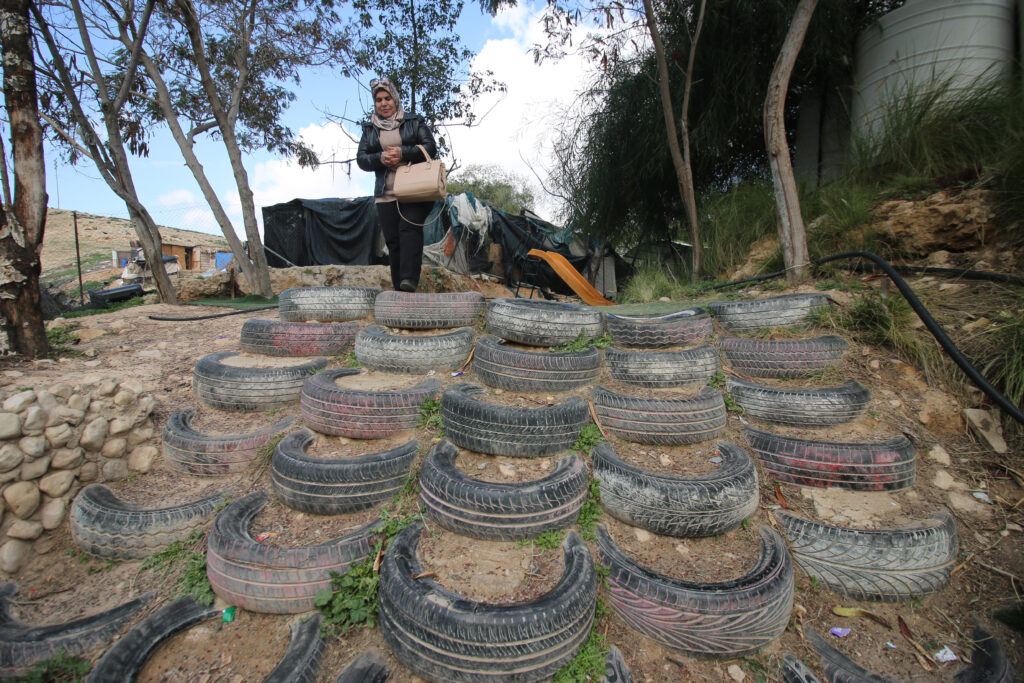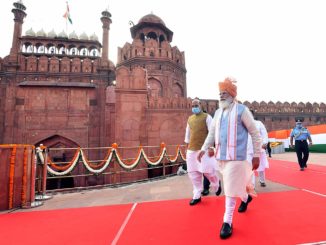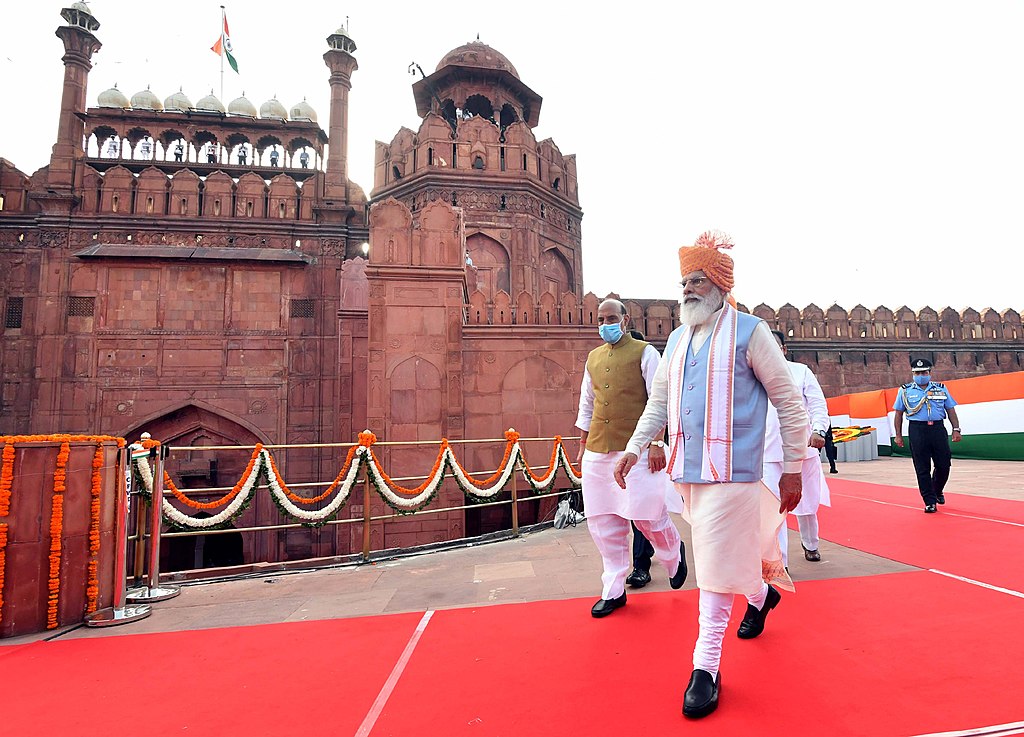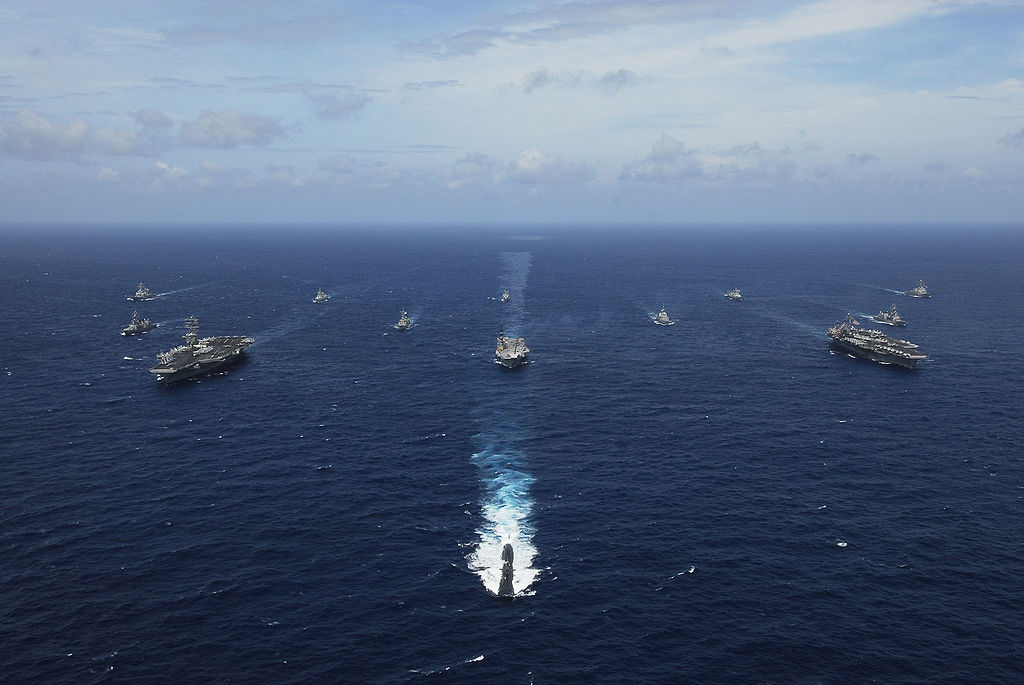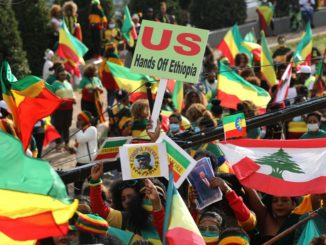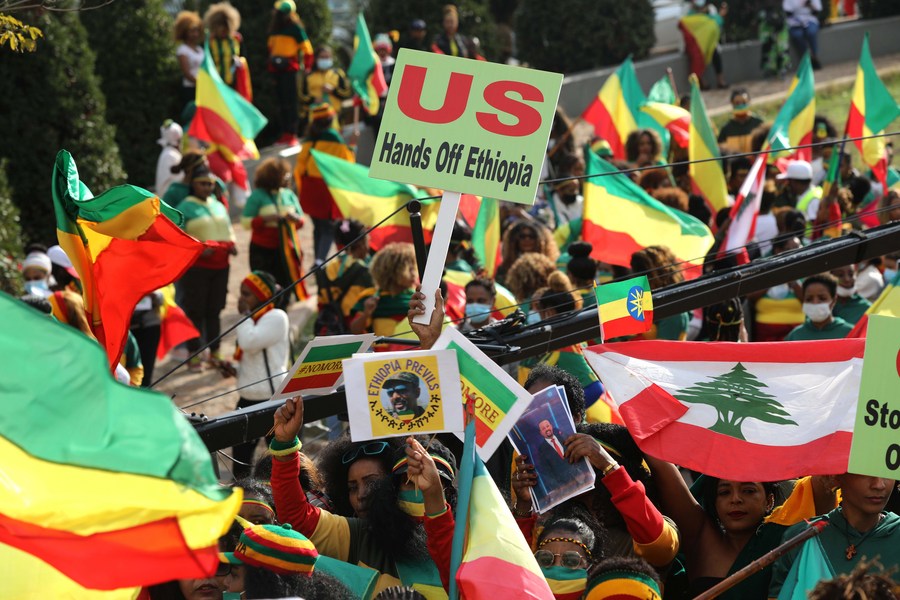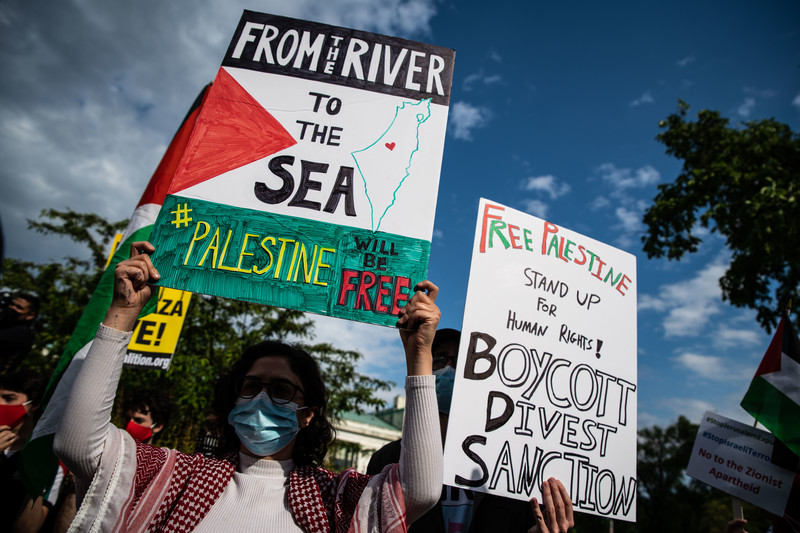
Editor’s Note: This article originally appeared in Electronic Intifada.
A court in Washington, D.C., has entirely dismissed a lawsuit against the American Studies Association over its support of an academic boycott of Israel.
The lawsuit, which was filed in 2016 by Israel advocates, has now failed three separate times in court – a significant defeat for the Israel lobby’s attempt to punish scholars who back Palestinian rights.
“The court found that the claims primarily arose from advocacy on an issue of public interest and were not likely to succeed,” stated the Center for Constitutional Rights.
In a 2013 referendum, members of the American Studies Association overwhelmingly endorsed an academic boycott of Israel.
The vote followed an endorsement of the boycott by the association’s governing body.
Declaring the boycott an ethical stance, the ASA said that it “represents a principle of solidarity with scholars and students deprived of their academic freedom and an aspiration to enlarge that freedom for all, including Palestinians.”
Israel advocates within the association, however, jumped into action to persecute colleagues who dared to criticize Israel.
Using a tactic known as lawfare, in which Israel lobby groups use legal means to harass and silence supporters of Palestinian rights, the plaintiffs claimed that the boycott resolution was brought by “insurgents” within the association who attempted to “subvert and change the ASA’s purpose” into a political advocacy organization.
The plaintiffs alleged that a “cabal” of leaders from the US Campaign for the Academic and Cultural Boycott of Israel (USACBI) surreptitiously took over the ASA and used their positions on its executive committee and national council to foist the boycott resolution on the association’s unsuspecting membership, misspending ASA money in the process.
A federal court threw out a key claim in the lawsuit in 2017, ruling that the ASA’s endorsement of the boycott was not contrary to the association’s charter.
After the lawsuit was initially dismissed in 2019, the plaintiffs filed an appeal, and opened a second case in the Washington, DC Superior Court.
Later that year, the Superior Court granted the defendants’ motions to dismiss in part, but denied their anti-SLAPP motion.
SLAPP suits are intended to suppress free speech and force people or organizations into spending money defending themselves in court.
But defendants appealed the denial of that anti-SLAPP motion.
The DC Court of Appeals ordered the court to reanalyze the case, resulting in the most recent ruling, notes the Center for Constitutional Rights.
The force behind the lawsuit was the Louis D. Brandeis Center, an Israel advocacy organization that has for years worked to smear Palestine solidarity activism as anti-Semitism, and attempts to suppress it with frivolous lawsuits and bogus civil rights complaints.
The organization’s former president, attorney Kenneth Marcus, represented the plaintiffs until February 2018 – when he was appointed as the Trump administration’s top civil rights enforcer at the US Department of Education.
After resigning from his position in 2020, Marcus returned to lead the Louis D. Brandeis Center.
“The purpose of lawsuits like these are really to harass and intimidate activists who support rights anywhere, but freedom and justice in Palestine in particular,” Astha Sharma Pokharel, staff lawyer with the Center for Constitutional Rights, told The Electronic Intifada.
Along with the anti-SLAPP laws that are designed to deter these kinds of attacks, the court’s dismissal “sends a message to Palestinian rights advocates that they are supported and that the law is on their side,” Sharma Pokharel added.
‘A Losing Strategy’
The Center for Constitutional Rights represented Steven Salaita, one of the defendants targeted by this lawsuit.
In 2014, Salaita was fired by the University of Illinois at Urbana-Champaign for social media comments criticizing Israel’s assault on Gaza that year.
He sued the university for breach of contract, alleging administrators acted under pressure from pro-Israel donors, later settling the case.
Salaita then found himself targeted by the lawsuit against the American Studies Association.
He told The Electronic Intifada this week that he was relieved that the DC court dismissed the lawsuit against the American Studies Association.
“It was something hanging over my head and I dislike being obliged to deal with people who deny my humanity,” Salaita said.
“I don’t know what message [Israel lawfare groups] will hear – probably nothing – but it should send them the message that it’s a losing strategy,” he said.
“More importantly, it should send them the message that even if their nonsense were to be effective according to judicial bodies in the United States, it still won’t stop anybody from agitating against the Israeli state.”
Boycotts, he added, are “designed to bypass and subvert state institutions.”

